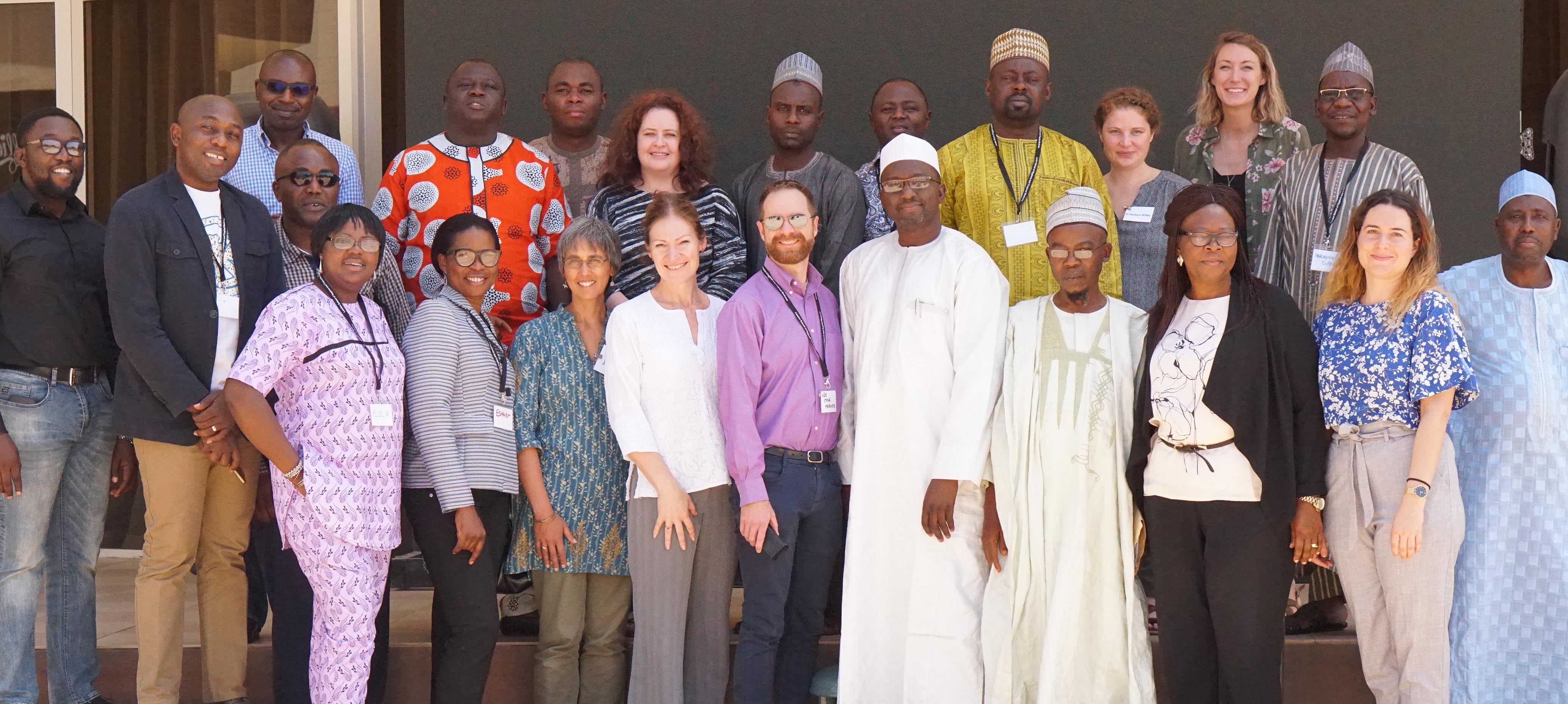The Gombe Partnership for Maternal and Newborn Health, a government-led partnership came together in Gombe State, northeast Nigeria, to improve outcomes for mothers and newborns. Actions across multiple health system building blocks were coordinated and progress reviewed at regular intervals. Data was a key input to partner decision-making. Overall, there was improvement in indicators on access to care and on the quality of facility-based care, and government leadership was seen to be crucial, although the mechanism for sustaining progress remained uncertain.

All Tracking Progress related outputs can be found under Resources by selecting that theme from Research Areas.